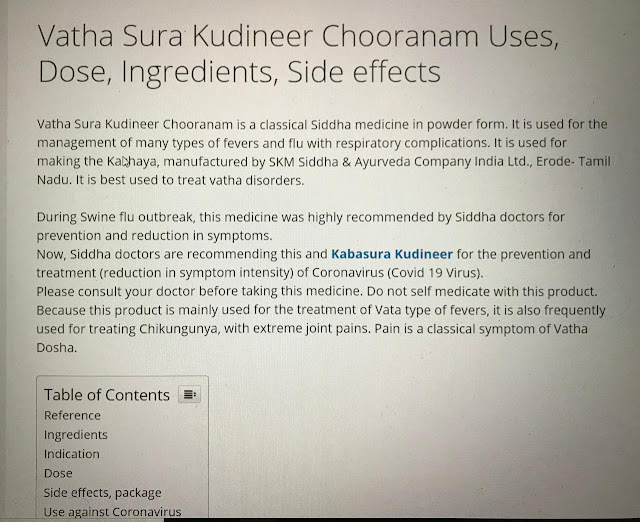Benefits of Fennel herb
Fennel is a herb native to the Mediterranean region which gained popularity ever since the Middle Ages when it was cultivated near monasteries. Also, fennel is one of the nine sacred herbs of the saxons which was capable to cure the nine instances of the illness.
Description of Fennel herb
Fennel (Foeniculum vulgare) is an edible, perrenial herb which resembles dill. It was discovered in the Mediterranean region and south-east Asia (from east of Morroco and Portugal all the way to Pakistan). The biggest growers of fennel today are: the United States, France, India and Rusia. Fennel was brought to North America by the Spanish missionaires to be grown in their own medicinal gardens. In California it is known under the name of "star anise". The fact that this herb was used in the ancient times is shown by the traditions presented in mythology. In Greek myths this plant was associated with Dionysus (the god of feasts and wine). It is also said that intelligence came from the gods and reached the humans through a fennel stem. Fennel was considered to have magical characteristics. In the Middle Ages during the summer solstice this herb was placed by the door in order to fend off the evil spirits. What is more, the plant seeds were used to block the keyhole to keep the ghosts from entering the homes.Proprieties and benefits of Fennel
It is believed from folklore that this herb has mysterious vitalistic characters. It was believed that snakes would digest fennel to shed their skin and to sharpen their vision. Likewise, it was believed that this herb has a rejuvenating effect on man and helps the eye sight. Moreover, fennel stimulates lactation and loss of weight. The consumption in excessive quantities of fennel is not indicated because it can lead to muscular convulsions and even hallucinations.Fennel seeds, leaves and roots are edible, but the fat extracted from the fennel seeds was proved to be toxic even in small quantities - leading to skin rashes, breathing problems and nausea.
Mixtures and treatments
Owing to the invigorating and purifying effects that fennel has over the human body, it can be used in treating bruises, cellulitis, obesity, retaining water, eliminating the toxins from the body, halitosis, inflamations of the mouth. Fennel helps eliminate the common cold and reduce the bouts of cough due to its expectorant nature (contains big quantity of alpha-pinen). The steam resulting from the boiling of the fennel leaves in water alleviates asthma and bronchitis.The tea from fennel leaves and seeds is beneficial for removing intestinal worms and bacteria. The syrup made from fennel juice alleviates the violent bouts of cough. The volatile oil is antiseptic, sedative, carminative, expectorant and it is used in the making of soap and perfumes. The herb also has a very valued effect: if it is pulverized in coops and stables it keeps the flees away.



Comments
Post a Comment